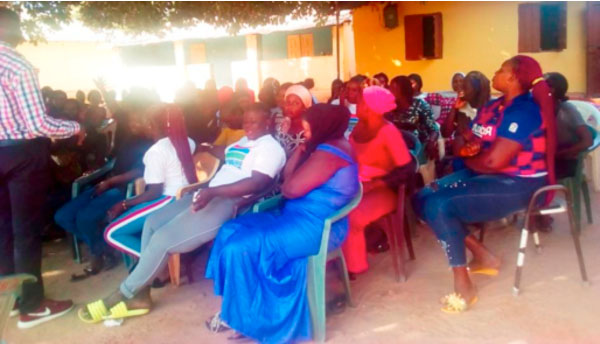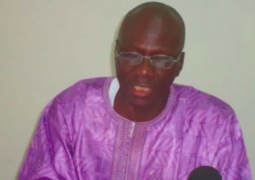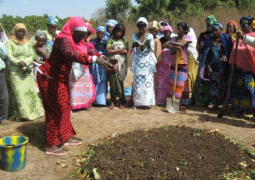
Gambia
Committee on Harmful Traditional Practice Affecting the Health of women and
girls (GAMCOTRAP), Monday sensitised out of school girls on Female Genital
Mutilation and Cutting (FGM/C) in Lamin, Kombo North.
The
sensitisation is conducted under the project titled: Ending the practice of
FGM/C through the engagement of children, youth, women and men in The Gambia.
The project targets to engage girls, girls clubs and out of school girls in
West Coast Region.
The
UNICEF funded activity aimed at enlightening out of school girls on the effects
of harmful traditional practices.
Haruna
Badjie, West Coast Region Social Welfare Officer said the 1989 Convention on
the Rights of the Child (CRC) defines a child as “any human being below the age
of eighteen years, unless under the law applicable to the child, majority is
attained earlier.”
According
to Mr Jarju, children rights include their right to association with both
parents, human identity and the right to access basic needs for physical
protection, food, universal state-paid education, health care, and criminal
laws appropriate for the age and development of the child.
He
said child also have the right to equal protection and freedom from
discrimination on the basis of race, gender, sexual orientation, gender identity,
national origin, religion, disability, color, ethnicity, or other
characteristics.
He
pointed out that the law forbids child labor because it affects their
development, education and health, stressing that it is a criminal act to have
sex with an underage person because children cannot consent to sex or marriage.
Fatou
Bojang, GAMCOTRAP field coordinator said child marriage and teenage pregnancy
should not be entertained.
Madam
Bojang also highlighted the negative impacts of FGM, saying it has serious
health complications such as excessive bleeding during birth and reduction of
the sexual desire, among others.
She
told the girls that FGM is banned in The Gambia and anyone found wanting will
be dealt with according to law.




